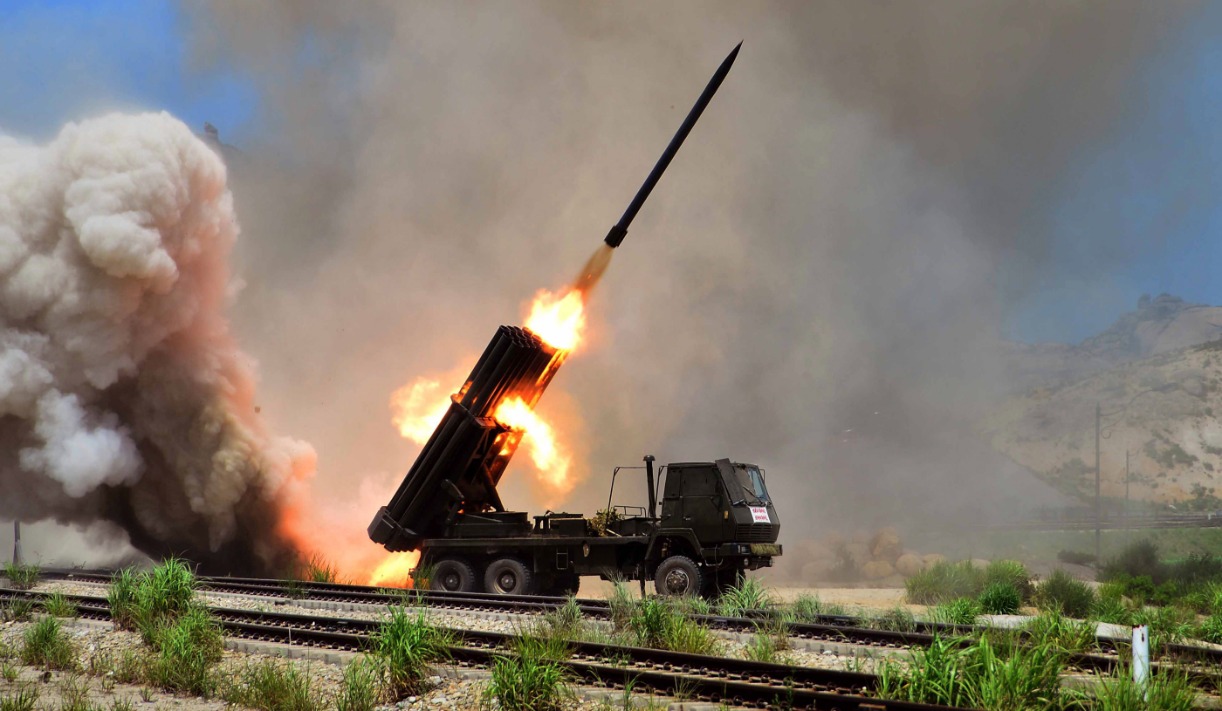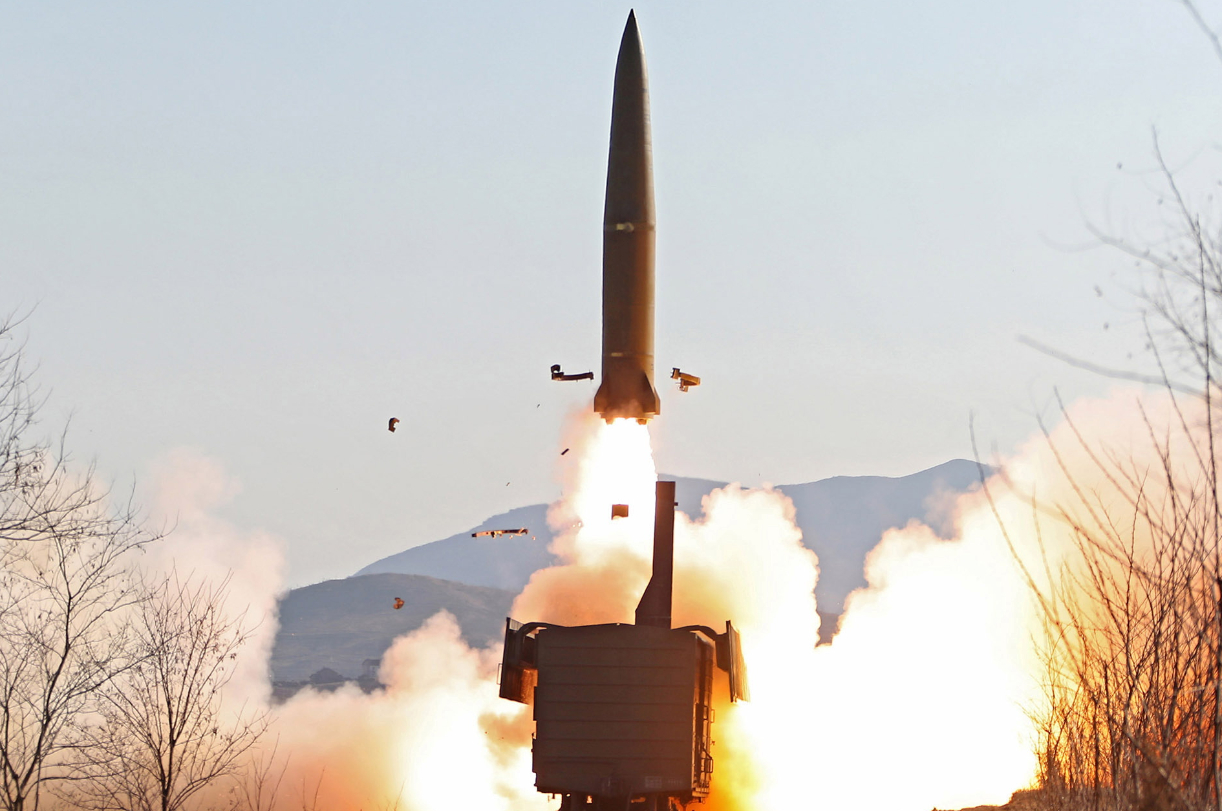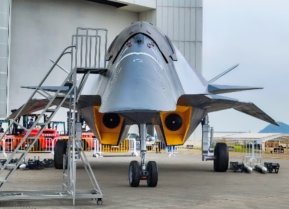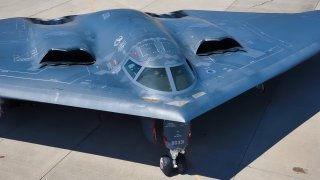How Kim Jong-un Could Challenge Donald Trump’s Foreign Policy in 2025
North Korea's deployment of troops to Ukraine and alliance with Russia mark a pivotal shift in global geopolitics, creating complex challenges for the incoming Trump administration in 2025. Pyongyang's collaboration with Moscow has provided significant economic and military benefits, including cash, food, oil, and advanced weapons technology.
What to Expect from Kim Jong-un in 2025: The war in Ukraine is escalating to a dangerous level. Following North Korea's deployment of over 10,000 troops to support Russia and their subsequent engagement with the Ukraine forces in the Kursk region, the Biden administration lifted the ban on Ukraine from using U.S. long-range missiles to strike inside of Russia, a major policy change to send a warning to Pyongyang and Moscow. In response, Russia approved a revised nuclear doctrine and lowered the country’s nuclear threshold.

It is difficult to predict how the situation will spiral in the coming months, but one thing is clear: North Korea has played a pivotal role in prolonging and intensifying the war. And its decision to enter the war now raises the risk of drawing in other countries, including South Korea and expanding the Ukraine conflict into Asia.
Although North Korea signed a comprehensive strategic partnership treaty with Russia in June pledging mutual defense assistance, its decision to deploy troops is driven primarily by self-interest. According to South Korea’s National Intelligence Service, North Korean soldiers are reportedly paid $2000 per month by Russia, providing the regime with much-needed hard cash. The deployment also offers North Korean troops valuable battlefield experience; the last time North Korea sent troops abroad was in 2016 to assist the Syrian government during a civil war.
The Ukraine war has also become a testing ground for North Korea’s strategic weapons. Alongside ammunition and KN-23/24 missiles, North Korea recently delivered long-range rocket and artillery systems to Russia. Furthermore, by committing troops, Pyongyang has likely secured Moscow’s promise of future support in the event of a contingency on the Korean Peninsula.

The pressing question is what comes next. While it remains uncertain whether the incoming Trump administration can swiftly end the Ukraine war, President-elect Trump’s pledge to do so is likely to prompt Kim Jong-un to recalibrate his strategy. Seoul and Washington must be prepared for this as the United States undergoes a leadership change.
While a resumption of summit diplomacy between Kim and Trump cannot be entirely ruled out, largely due to their unpredictability, there seems little incentive for Kim to pursue such talks at this time.
First, North Korea is already reaping significant rewards from its close partnership with Russia, including hard cash, food, oil, and advanced military technology.
Second, with Russia and China shielding Pyongyang at the UN Security Council and weak enforcement of sanctions, North Korea is no longer under the intense international pressure it faced in 2017 and 2018, which had compelled Kim to demand sanctions relief at the Hanoi Summit. Finally, Kim may see little utility in renewed talks with Trump.

During a January 2020 plenary meeting of the Central Committee of the Workers’ Party of Korea, he criticized the Trump administration for seeking, “its own political and diplomatic interests while wasting time away under the signboard of dialogue and negotiations.” Kim further declared that he would, “never allow the impudent U.S. to abuse the DPRK-U.S. dialogue for meeting its sordid aims.”
Looking ahead, two key variables will likely shape Kim Jong-un’s strategy: potential shifts in North Korea-Russia relations following the conclusion of the Ukraine war and the Trump administration's approach to North Korea. Reviving a military alliance with Russia represents a notable diplomatic achievement for Kim, even if the history of the Soviet Union’s abandonment of North Korea, in favor of South Korea, in 1990 may still leave lingering doubts in his mind. These dynamics are likely to drive the North Korean leader toward a dual-track approach.
On one hand, Kim will seek to expedite the transfer of critical military technologies from Russia before the Trump administration assumes office in January 2025. On the other hand, he may consolidate the North Korea-Russia alliance by institutionalizing their cooperation through measures like regular joint military exercises to ensure the durability and strength of their partnership even after the Ukraine conflict concludes.
Until Trump’s intentions toward North Korea become clearer, Kim may avoid provocative actions to prevent a repeat of the 2017 “Fire and Fury” crisis. Instead, he is likely to manage the relationship with Trump while concentrating on advancing North Korea’s nuclear and missile capabilities using technology acquired from Russia. When the time is right, he will likely demonstrate these enhanced threats to the U.S. mainland to strengthen his negotiating position with Washington.
Kim could also exploit the Trump administration’s foreign policy to his advantage. For example, he might leverage Trump’s hawkish stance on China to draw Beijing closer and fortify a united North Korea-Russia-China front to challenge the United States. If Trump’s “America First” approach weakens the U.S. alliances, Kim could seize the opportunity to undermine the U.S.-ROK alliance and diminish U.S.-ROK-Japan trilateral cooperation to shape the regional security environment in his favor.
For the Trump administration, dealing with North Korea in 2025 will be significantly more challenging than it was in 2018–2019. The country now possesses a larger nuclear arsenal, far more advanced and diversified WMD programs, and a strategic alliance with Russia, all of which have emboldened Kim Jong-un like never before. In 2022, Kim declared North Korea’s nuclear weapons status “irreversible” and enshrined a policy of first use of nuclear weapons in the country’s constitution. Ultimately, North Korea will demand a significantly higher price to resume dialogue. The new administration needs a new strategy through careful policy review and close policy consultation and coordination with Seoul and Tokyo. Simply reverting to the previous playbook or relying on personal friendship with Kim is not only ineffective but also risks serious consequences for U.S. interests and regional security in Asia.
About the Author: Ellen Kim
Ellen Kim is a senior fellow with the Korea Chair at the Center for Strategic and International Studies (CSIS).
Image Credit: Creative Commons and/or Shutterstock.


